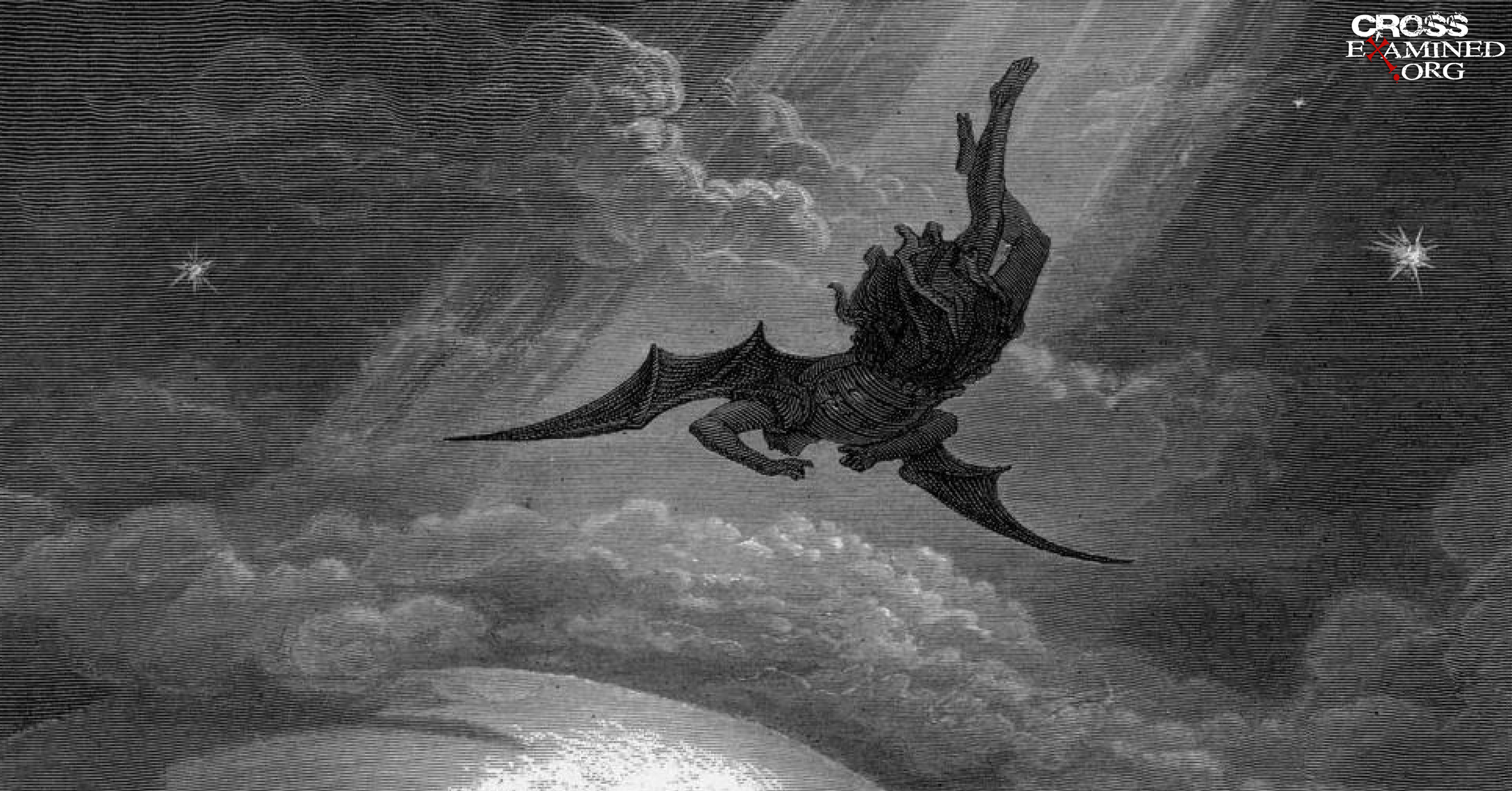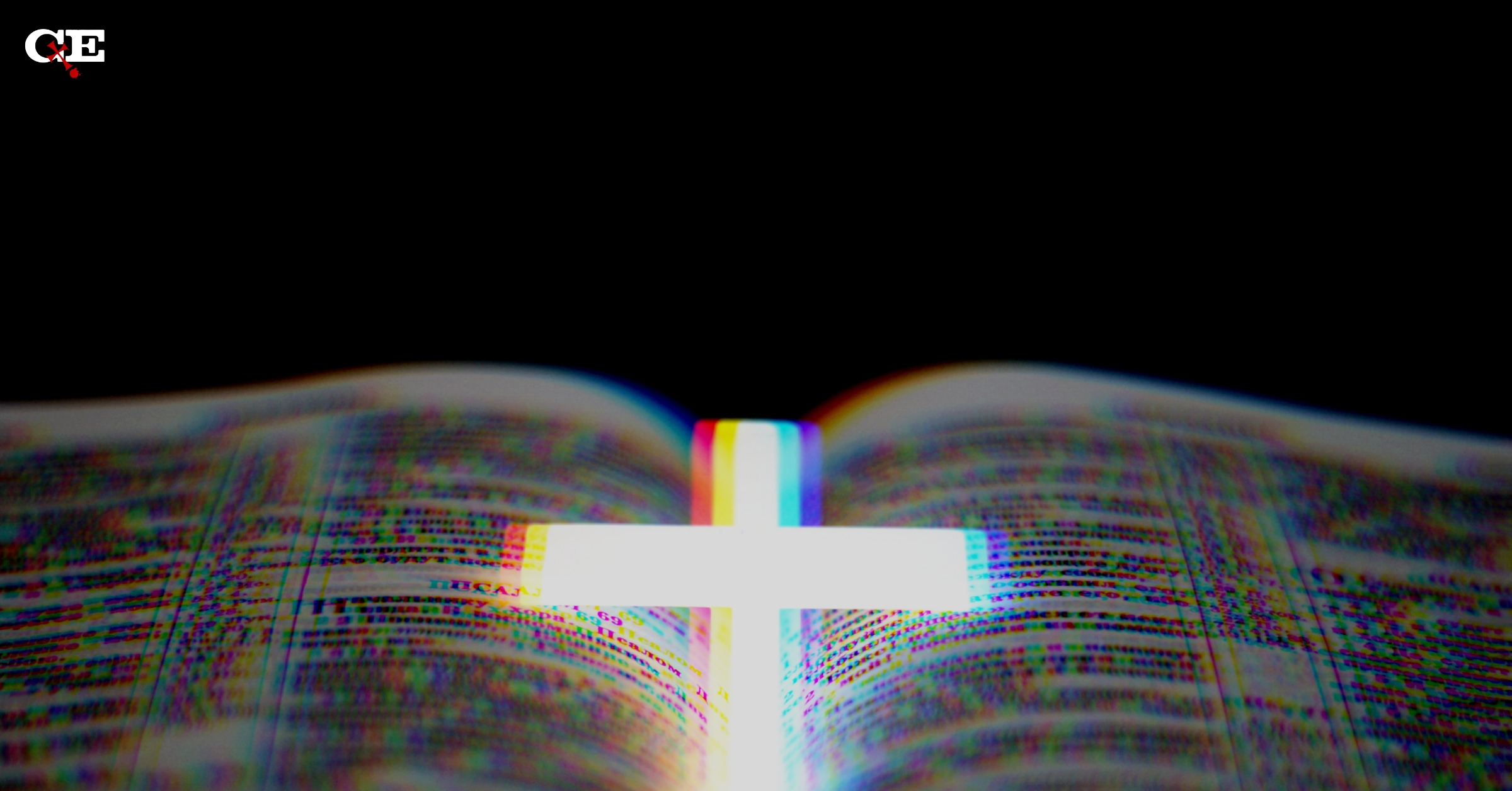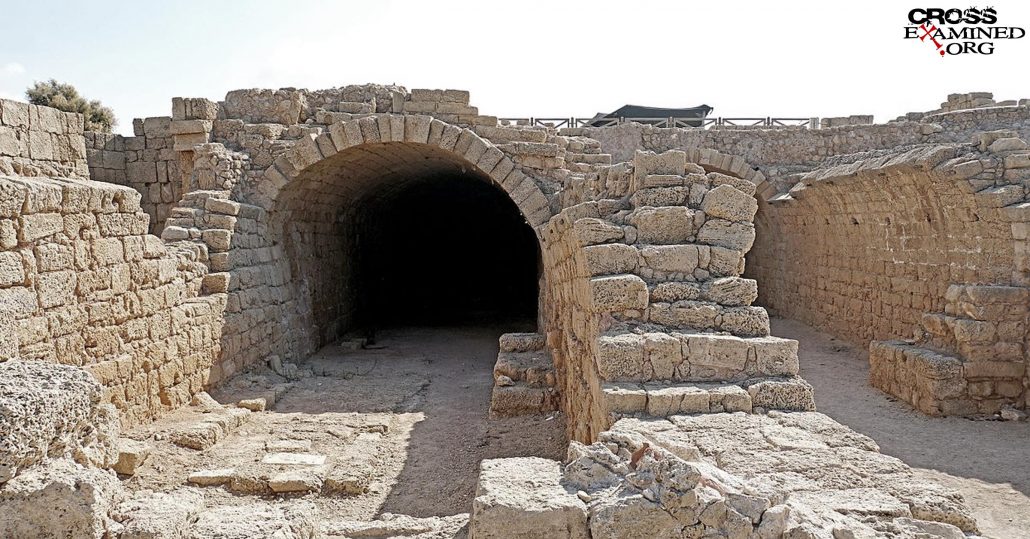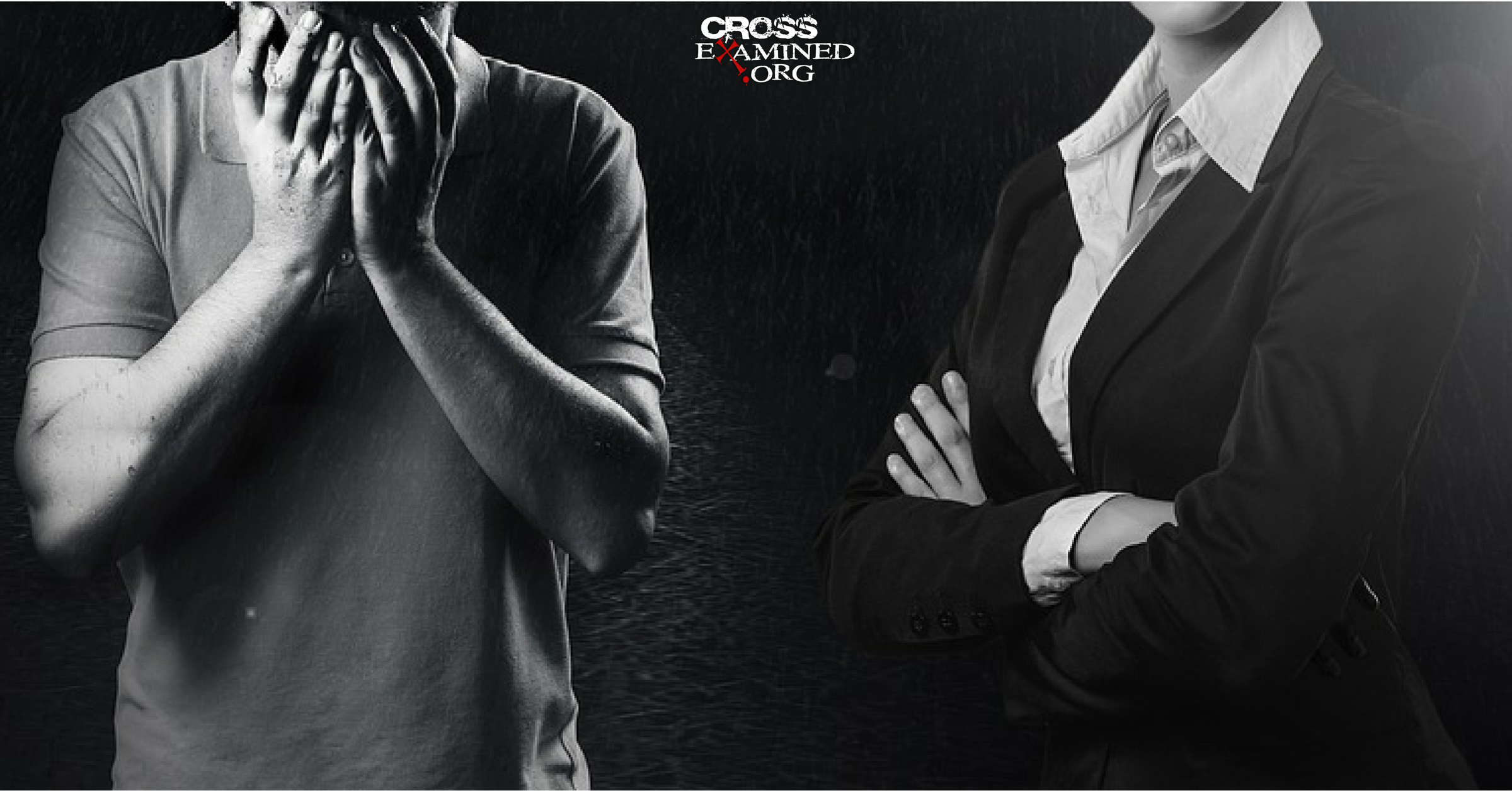Why did God create Satan knowing that Satan would cause evil?
No one is spared of evil. We either reel under the effects of evil or feel the impact of evil upon our relatives, friends, and society at large. Some question God’s goodness on account of evil and a few others dispute God’s presence.
Evil is real. Evil is not an illusion. Any sane human being would affirm this position. Terrorism or human trafficking is an act of evil, and the pain felt by those hurt by this evil is indeed real.
If evil is real, then it should have a source, and that source has to be real. (If Satan is not real, then was Christ hallucinating while HE was tempted by Satan and while HE drove away the demons?)
The Bible terms Satan as the source of all evil (John 8: 44). Christians believe in God as a maximally great being; HE is supreme over all that has been, is and ever will be. If God is supreme, then HE should have created Satan. Isn’t it?
Before we explore the Bible to learn about Satan, we should discard the following concepts:
- That Satan and his demonic entourage are merely a mythological conception drawn from the culture of the day. This is German theologian Rudolf Bultmann’s program of demythologization of Satan.
- That Satan and evil do not stem from a personal source but are woven in the fabric of our social reality as a part of the very structure of reality. This is Christian existentialist theologian Paul Tilich’s depersonalization of Satan.
- That demons are simply nothingness in their dynamic, not created by God but a threat to God’s creation. This is reformed theologian Karl Barth’s conception. This conception of evil denies the concreteness of evil; hence we disagree.
So to begin with, we agree with the Bible that evil is real, Satan is real, and God is also real. Did God then create Satan? The answer is an unequivocal yes.
But the bigger question is, “Did God create Satan as a source of evil?” The answer to this question is an unequivocal no, for God, as a good being, cannot be the creator of evil.
This then is Bible’s teaching about Satan:
Isaiah 14: 12-17 and Ezekiel 28: 12-19 are often termed as conjectures of the Satanic fall. This may or may not be so, for these passages could refer to human kings of Babylon and Tyre. Hence it would be profitable for us to explore the Bible from outside these references to learn more about Satan.
- God created everything, which includes angels and demons (Colossians 1: 15-16).
- Everything God created was originally good (Genesis 1: 31; 1 Timothy 4: 4)
- Some angels sinned and are doomed for eternal destruction (1 John 3: 8; 2 Peter 2: 4; Jude 6). If some angels sinned, then they were created with a potential to sin i.e. they had the free will to sin.
- Satan is an angel who is subordinate to God (Job 1: 6-7).
- Satan is a demon (Luke 10: 17-20) – casting out of demons implies the defeat of Satan.
- Satan is the prince of demons (Matthew 12: 22-32; Mark 3: 22-30; Luke 11: 14-23).
- Those who are demon possessed are under the influence of the devil (Acts 10: 38; cf. Luke 13: 16).
- Satan is the evil one (Matthew 13: 19; 1 John 2: 13, 3: 12, 5: 18).
These passages undoubtedly teach us that God created Satan and his demons originally as good beings. But Satan and some of his fellow angels sinned against God and are in the business of enabling mankind’s rebellion and disobedience against God.
Significantly, God did not create an evil Satan. God created a good angel, who used his free will to reject God and become evil.
If God had not created angels, then Satan would not exist. So why did God create angels? The Bible reveals the purpose behind God’s creation of angels. Angels were created to…
- …reveal and communicate God’s message to humans (Acts 7: 53; Hebrews 2: 2).
- …minister to believers (Acts 5: 19; Hebrews 1: 14).
- …execute judgment on the enemies of God (2 Kings 19: 35).
- …praise and glorify God (Psalm 103: 20, 148: 2).
- …be involved in Christ’s second coming (Matthew 25: 31)
A variant of the bigger question is, ‘why did God create Satan knowing that he will cause evil in this world?’
First, did God know that Satan would cause evil? Yes, God would have known all about Satan. God is all-knowing (Job 37:16; Psalm 139:2–4, 147:5; Proverbs 5:21; Isaiah 46:9-10; 1 John 3:19–20), so God would have definitely known that Satan would cause evil and disaster in this world.
Second, could not have God created a world without Satan? Wouldn’t a world without Satan and evil be a better world than ours? In other words, is our world the best of all possible worlds?
One of the great thinkers of 17th and 18th century is Gottfried Wilhelm Leibniz. He proposed that our world is the best of all possible worlds. Leibniz’s proposition was that since God knew all of the infinite possibilities, this world should be the best of all possible worlds, for God has actualized this world over the other possible worlds.
Christian analytic philosopher, Alvin Plantinga differed from Leibniz by positing that there cannot be a best world, for one more palm tree or one more morally righteous person can make any world better. So Plantinga concluded that there is no such thing as the best world. [Even if God does not create anything, HE alone will exist as the greatest good (Summum bonum)]. Therefore, God is merely obligated to create a good world and not a best world.
This world is a good world since God has offered freedom to his creation. God has offered freedom to man to love HIM freely. The same freedom was offered to the angels as well. Some angels a.k.a. Satan and his demonic entourage abused this freedom and rebelled against God.
A world without freedom is not a good world. Therefore, as C.S Lewis wrote in ‘Problem of Pain,’ God has created a good world in such a way that the goodness of this world could be perverted into evil upon mankind’s rebellion or when creation is distorted.
In other words, free beings, i.e., man could use their freedom to perform evil deeds by rejecting God, which in effect would destroy the goodness of God’s creation. Similarly, man can tamper with nature to bring about evil, e.g., destruction of coral reefs would bring about hunger, poverty, and political instability.
As long as God offers freedom to his creation, the free moral agents (e.g., man) would possess the ability to do good or evil. So the question is not about Satan’s existence whereas the question should be about the presence of freedom.
A world without freedom would be a world full of puppets or automata albeit in the form of human beings, which in essence is not a good world at all. Creating human beings with freedom is wiser than creating humans in an antiseptic environment from whom the logical possibility of desiring anything contrary to God’s will is excluded. Therefore, a world without free will and Satan would any day be a terrible world to live in than a world with free will and Satan.
Could God have created a world with free will and without Satan? A world with freewill will entail evil, and a world with evil will posit a source, namely Satan. Even if angelic beings were not created, and as long as free will exists, evil would exist.
Evil would exist because God in HIS nature is good. So anyone opposing or rejecting a good God would do evil. So a world with free will and without Satan would still contain evil.
Satan and his cohorts are busy causing evil in this world. Although we reel under the effects of evil both directly and indirectly, God has offered us eternal life through the Lord Jesus Christ, and God has promised to care for and protect those who believe and seek HIM. May we believe in Christ, gain life eternal, and protection against evil. Amen.
Rajkumar Richard is passionate to strengthen the faith of fellow Christians, especially the young Christians. He has a Masters in Religion (Southern Evangelical Seminary, NC, USA) and Masters in Biology (School of Biological Sciences, Madurai Kamaraj University, India). He is a Christian blogger, itinerant speaker, social evangelist, and a mentor to young Christians.
Original Blog Source: http://bit.ly/2N2TV6q












Leave a Reply
Want to join the discussion?Feel free to contribute!